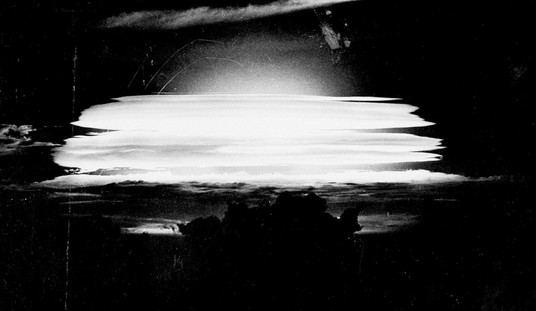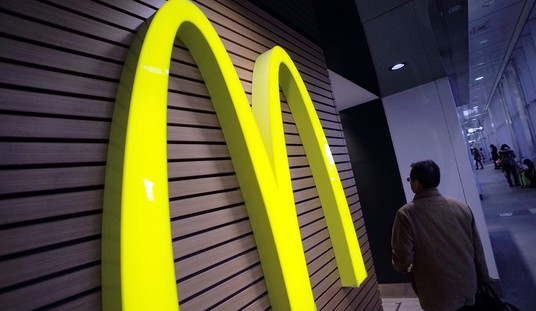Once, the name Kennedy shimmered like polished silver, reflecting its heritage and privilege, becoming the pinnacle of liberal America. Beneath the glamour, however, lies an uneasy pattern: Whenever the paths of the Kennedy clan crossed the Jewish community, it alternated between patronizing behavior and latent contempt.
Joseph P. Kennedy Sr.'s legacy as U.S. ambassador to Britain before World War II set the tone for his great-grandson, Jack Schlossberg, in his bid for Congress in a heavily Jewish district, as the echoes of the family's past grow louder.
The Patriarch’s Words and Actions
In the late 1930s, Joseph Kennedy voiced views indistinguishable from the old "Jewish question" script.
Reportedly, he told the German ambassador that "it was not so much the fact we want to get rid of Jews... but the loud clamour with which we accompany this purpose."
Kennedy aide, Harvey Klemmer, claimed Kennedy used slurs including "kikes or sheenies" about Jews, and dismissed reports of Nazi violence by saying, "Well, they brought it on themselves."
In Kennedy's mind, he was a realist, not a reactionary, obviously believing war was bad, the Jewish community was pushing his country into it, and the media was under their sway. He also believed Jewish organizations were manipulating policy, making FDR dance to their tune, and Hollywood also belonged to them. It didn't matter whether or not he loved individual Jews or worked with Jewish agencies.
Scholars call his antisemitism "intricate" but undeniable; he repeated standard tropes even while engaging in polite society.
Enter Jack Schlossberg Into Jewish Ground
Both a scion and a contradiction, Jack Schlossberg is also a contradiction. His mother, Caroline Kennedy, is Catholic, while his father, Edwin Schlossberg, is Jewish and describes himself as 100% half Jewish.
Jack Schlossberg is running for New York's 12th Congressional District, a district where Jewish voters form a significant share of the Democratic primary electorate.
Eyebrows have been raised after Schlossberg backed progressive Zohran Mamdani in New York City's mayoral race, dismissing Jewish critics of Mamdani as "f**king brainwashed."
As Matt Margolis recently pointed out, Schlossberg is another legacy heir who was born on third base while thinking he hit a triple:
A review of Schlossberg's professional background reveals someone coasting on name recognition rather than genuine accomplishment. He holds degrees from Harvard and Yale universities—which I guess used to mean something—but his professional experience is comparatively thin. A job as a staff assistant in the State Department lasted just one month, according to his LinkedIn page. A position as political correspondent at Vogue also lasted just one month. His longest-held position was 10 years as the John F. Kennedy Library Foundation's New Frontier Award chairman, and who really believes that “job” was earned?
Related: Another Nazi Problem Is Plaguing Democrats
Although the Kennedy heir might be baseball-card nice, some Jews hear "institutional dismissal" instead of genuine partnership.
The Pattern: Dismissal Over Dialogue
Grandpa Joe believed Jewish influence was the lever leading America into war, framing spokespersonship in terms of us versus them, trusting friends when they echo those views, while scratching his chin when Jews protested.
Insisting he's Jewish, Jack Schlossberg treats the Jewish worry about Israel, antisemitism, and ritual mockery as something to be hand-waved. His behavior forms a pattern: a powerful Kennedy voice, a Jewish community cautioning alarm, and a legacy brand that simply doesn't listen.
We can call it progressive antisemitism; it's a posture that says "I'm one of you, but you worry too much, your fear is overblown, and your institutions are self-serving: the same posture Joseph Kennedy exhibited in his area of appeasement.
The leaves change, foliage rearranges, but the tree trunk remains the same.
Why Jewish Voters Should Remember History
Today's Jewish voters can't afford to trade last-name nostalgia for historical amnesia. The Kennedy brand is powerful, but when Jewish communities face real threats, wave upon wave of antisemitic trends, terror in Israel, suburban attacks, what matters isn't the marquee, but the muscle, not the brand; just the bias gets denied.
There are opportunities available for Schlossberg to recast the family name by learning from his forebear's mistakes and stand unapologetically with Jewish safety, not just pining for Jewish votes. If he treats Jewish fear as a marketing problem, he mirrors his great-grandfather's distance, only using looser language and digital packaging.
Jewish communities don't owe loyalty to dynasties; they owe vigilance to their children and grandchildren, while knowing that when a politician tells them to stop worrying and start asking what they're afraid of, it's already a valid concern.
Final Thoughts
History rhymes enough to feel uncomfortable, not repeat in perfect loops. The chapters of Jewish engagement in the Kennedys' biography show a recurrent motif: an influential person, Jewish anxieties, a gloss of progressiveness, and a legacy that leaves behind a community still asking questions.
Jewish voters have learned bitter lessons about how often friendly faces in high office turned cold at decisive moments. That memory carries with it while they choose whether a Kennedy heir deserves a seat that years of Jewish civic pressure forged.
Keep Informed With PJ Media VIP
If you want reporting that treats Jewish security, American strength, and historical memory as more than hashtags, PJ Media VIP offers more. This platform keeps writers free from corporate silos and groupthink, so you’ll get analysis, named names, patterns traced from Joseph Kennedy’s London era to today’s New York primaries. It’s membership that sustains scrutiny and accountability — join now.










Join the conversation as a VIP Member